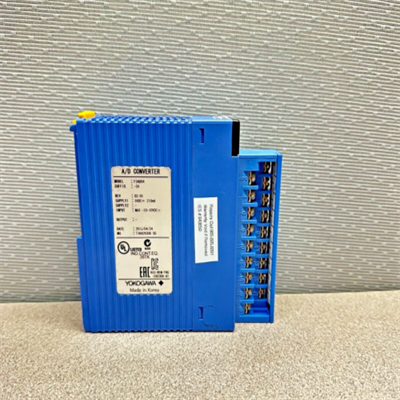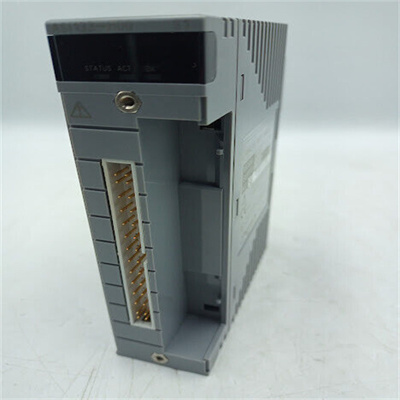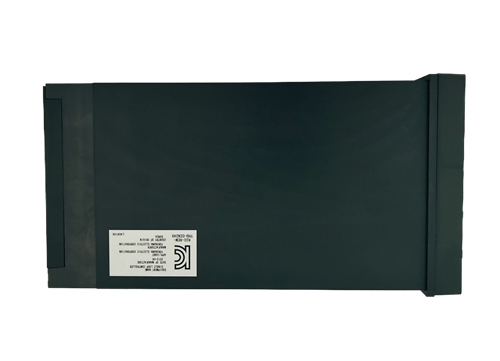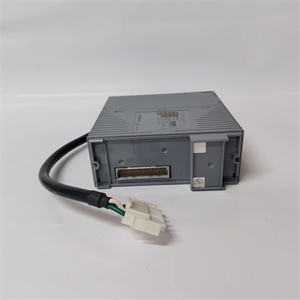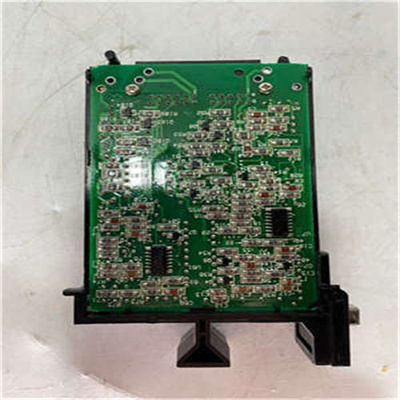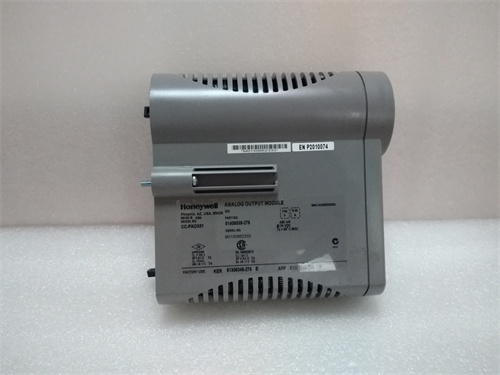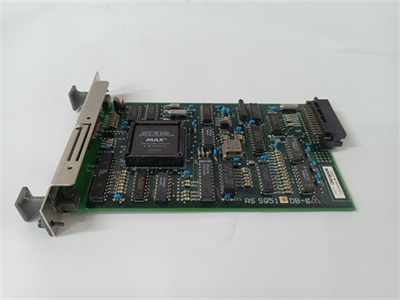Our Products
Comprehensive industrial automation solutions for global industries
Contact us
If you are interested in our products and want to know more details,please Contact us,we will reply you as soon as we can.
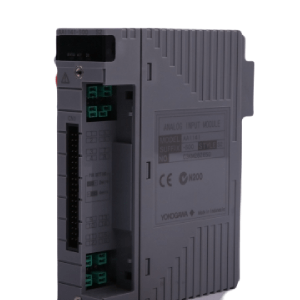
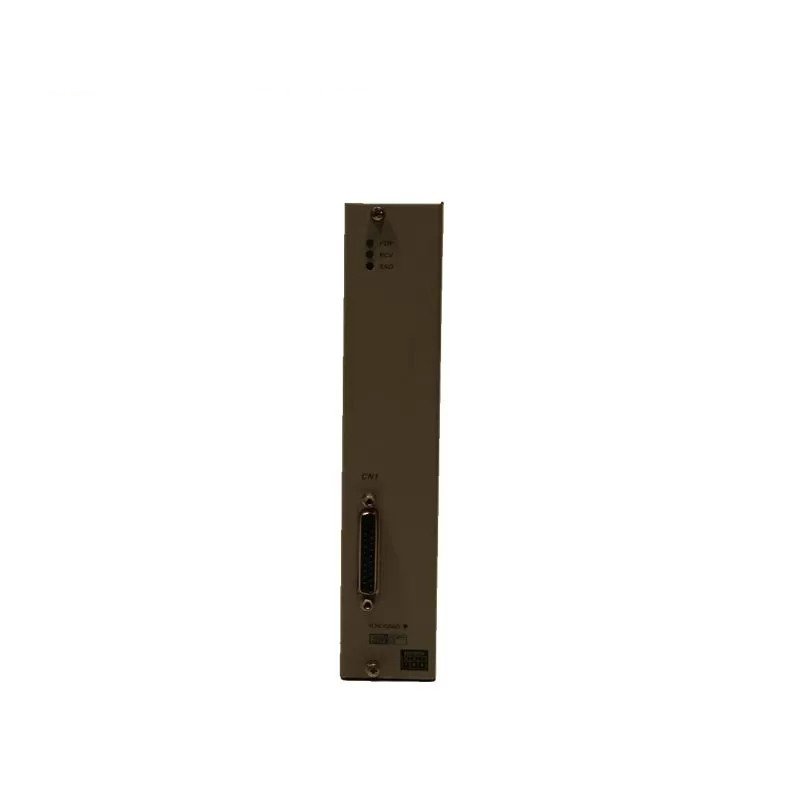
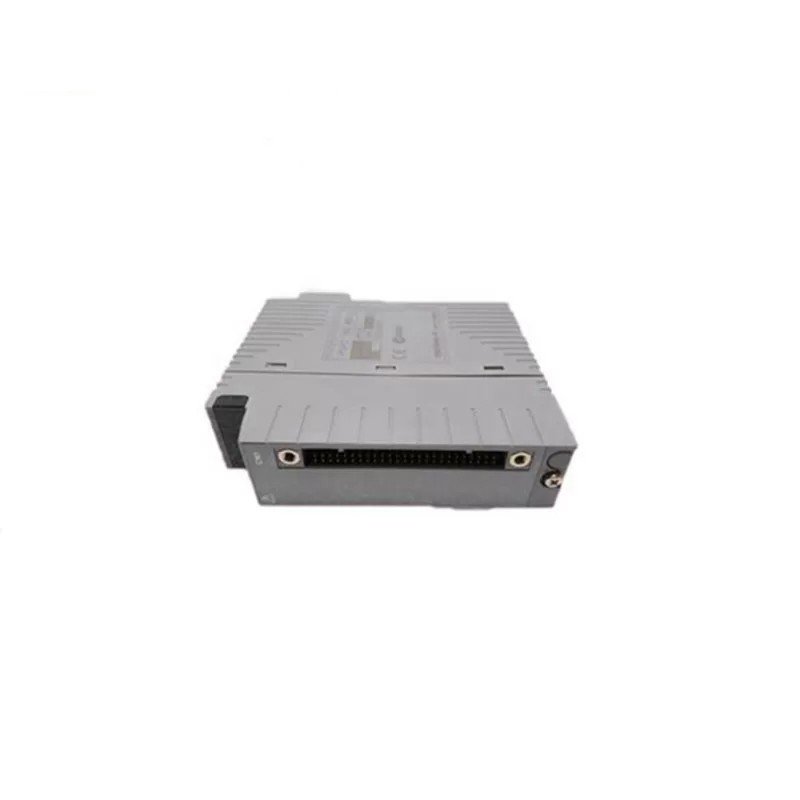
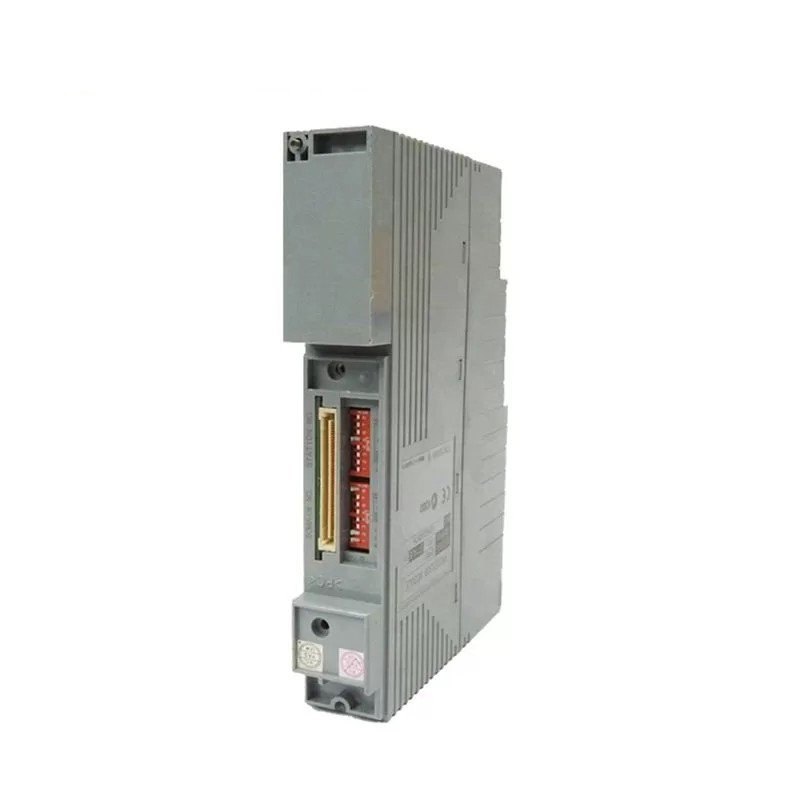
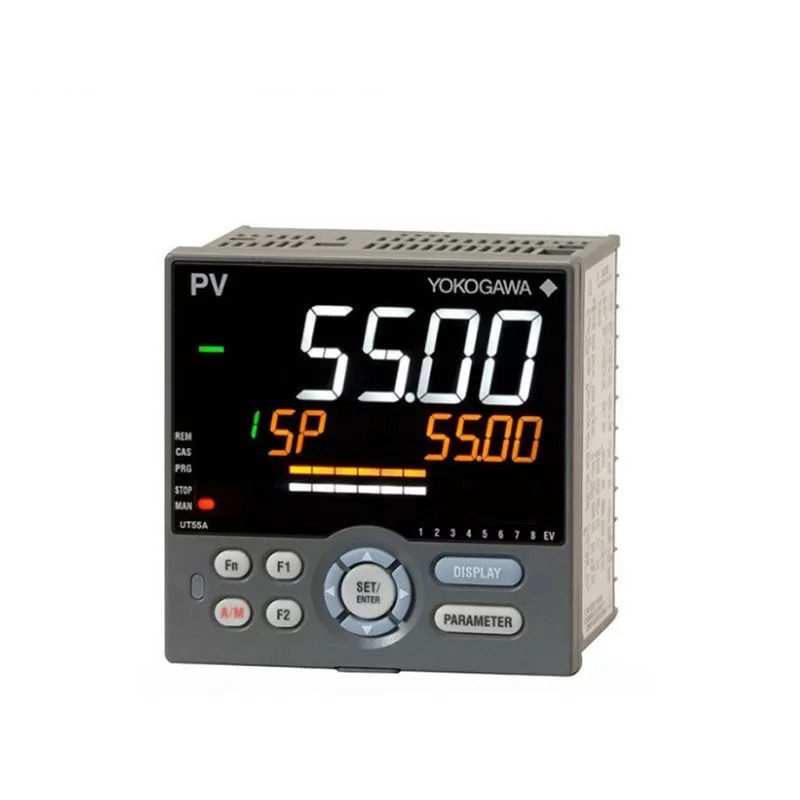
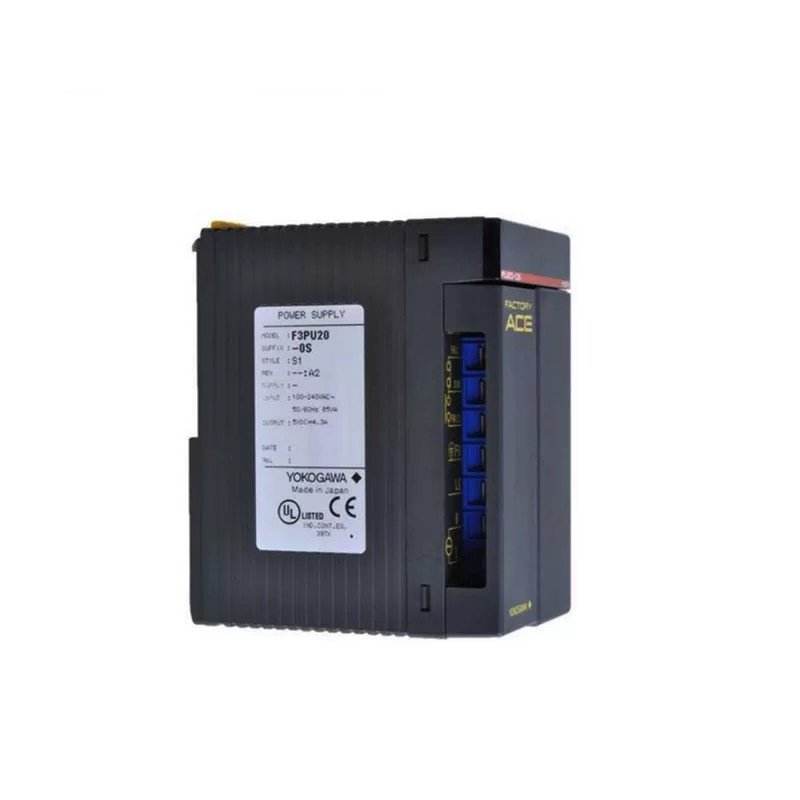
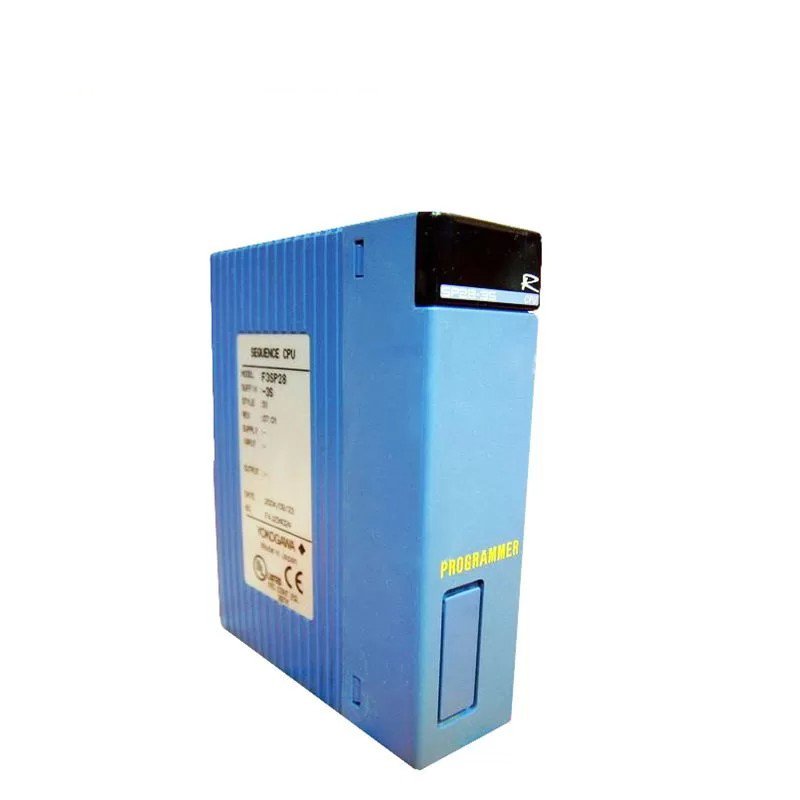
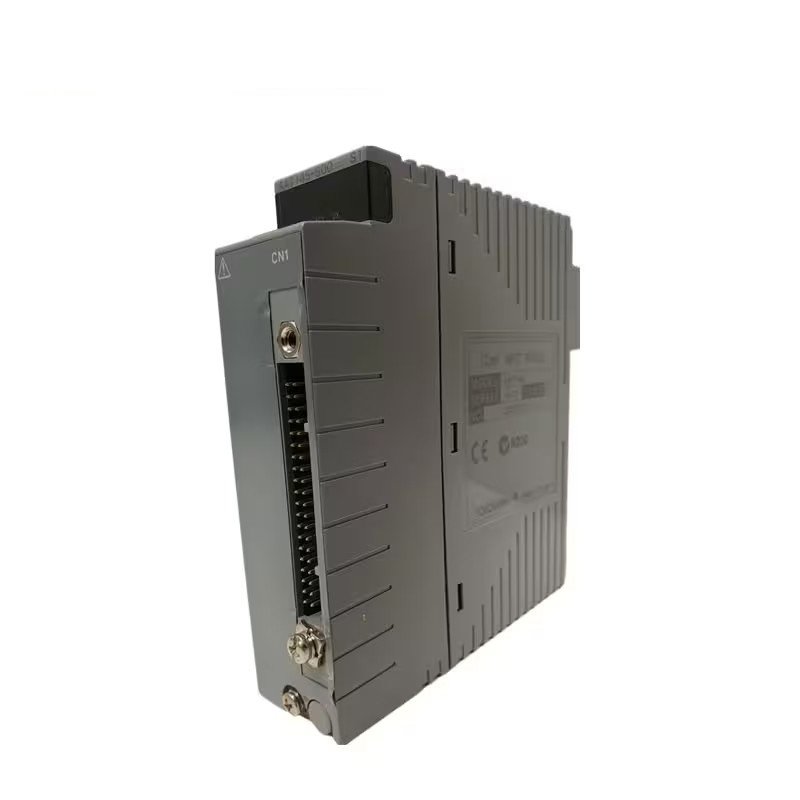
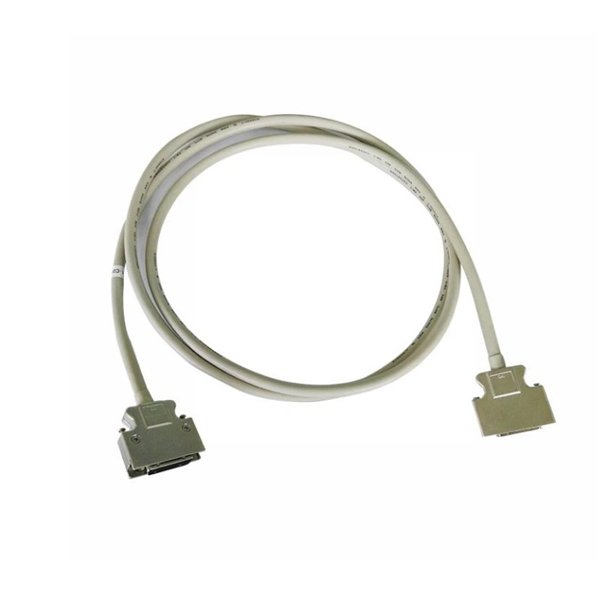
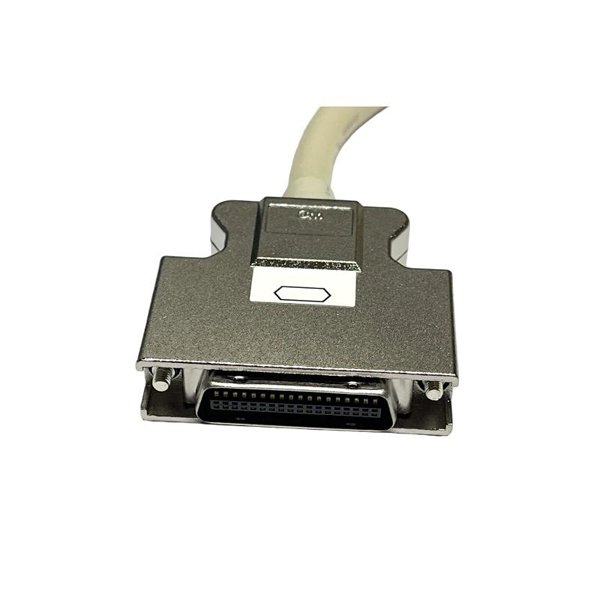
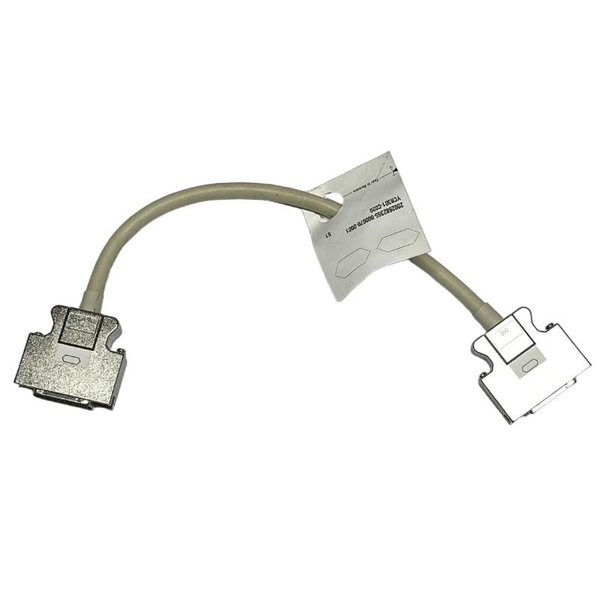
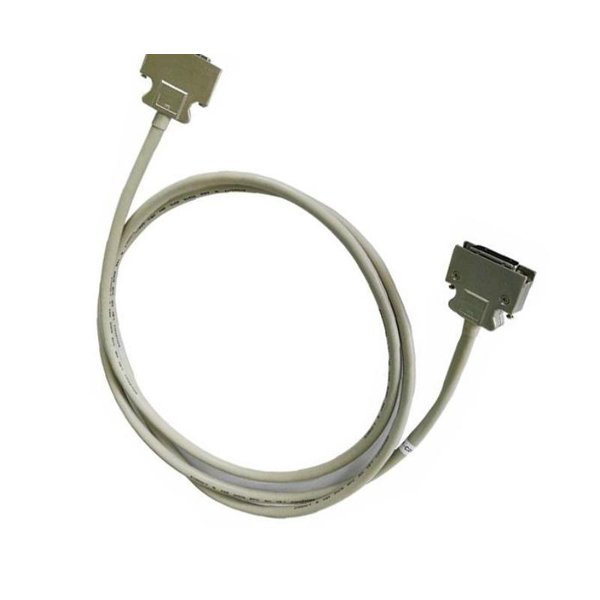




Yokogawa YCB301-C200 ESB Bus Cable
Manufacturer:Yokogawa
Product Number:YCB301-C200
Product Type:ESB Bus Cable
Origin:Japan
Cable length:2 m
Weight :3 kg
Views:30
Payment Methods:T/T, PayPal, Western Union
Condition:New & In Stock
Warranty:1 Year
Lead Time:1-3 Working Days
Certificate:COO
Courier partners:DHL, UPS, TNT, FedEx and EMS.
Business hours:7*24
Product Description
The Yokogawa YCB301-C200 ESB Bus Cable is a specialized industrial communication cable designed to ensure stable, high-speed, and interference-resistant data transmission within the Yokogawa ESB (Enhanced Smart Bus) system. It plays a critical role in linking various control modules, input/output devices, and controllers in distributed control systems (DCS).
This cable is manufactured with high-quality shielding technology, optimized conductor design, and insulation materials to guarantee reliable signal integrity in electrically noisy industrial environments. By supporting the ESB bus architecture, the YCB301-C200 allows Yokogawa control systems to maintain synchronization, reduce communication errors, and improve overall plant reliability.
Product Parameters
| Parameter | Specification |
|---|---|
| Model | Yokogawa YCB301-C200 ESB Bus Cable |
| Cable Type | Shielded twisted-pair communication cable |
| Cable length | 2 m |
| Weight | 3 kg |
| Conductor Material | High-conductivity copper |
| Conductor Size | 0.75 mm² (per core) |
| Shielding | Double-shielded (aluminum foil + braided shield) |
| Insulation Material | Flame-retardant PVC / LSZH (depending on requirement) |
| Operating Voltage | 300 V rated |
| Operating Temperature | -20°C to +75°C |
| Impedance | 120 Ω (balanced, typical for industrial bus systems) |
| Transmission Speed | Supports ESB protocol speeds up to 12 Mbps |
| Standards Compliance | IEC 60332, RoHS compliant, industrial grade durability |
Product Applications
The Yokogawa YCB301-C200 is widely applied in industrial automation and process control systems, particularly within plants where precise and reliable data transmission is required. Its main applications include:
-
Connecting ESB bus modules in Yokogawa’s CENTUM VP and ProSafe-RS systems.
-
Establishing secure communication lines between controllers and remote I/O units.
-
Power plant DCS networks, ensuring real-time communication between control stations.
-
Oil & Gas processing facilities requiring stable bus communication under harsh environments.
-
Petrochemical industries with heavy electrical noise, where shielding is critical.
-
Large-scale manufacturing plants integrating complex automation processes.
Product Advantages
High Signal Integrity: Double shielding reduces electromagnetic interference (EMI) and ensures accurate signal transmission.
Durability: Resistant to oil, chemicals, and high temperatures, making it suitable for harsh industrial environments.
Optimized for Yokogawa Systems: Designed specifically for ESB bus communication, guaranteeing compatibility and stable integration.
Ease of Installation: Flexible construction allows for easy routing and installation even in complex wiring environments.
Long Transmission Distance: Supports extended lengths up to 200 meters per roll without loss of communication quality.
Safety and Compliance: Flame-retardant, RoHS compliant, and adheres to international safety standards.
FAQ
Q1: What is the impedance of the YCB301-C200 cable and why is it important?
A1: The impedance is 120 Ω, which is critical to minimize reflection and ensure proper signal transmission in differential communication systems like ESB.
Q2: How does the double-shielding design enhance communication reliability?
A2: The aluminum foil and braided shield block external electromagnetic interference, reducing data errors and ensuring clean transmission.
Q3: Can the cable be used for both horizontal and vertical installations?
A3: Yes, its flexible construction allows for both horizontal and vertical routing without compromising performance.
Q4: Is this cable compatible with non-Yokogawa communication systems?
A4: While optimized for ESB bus, it can technically support other RS-485 or similar balanced communication systems with matching impedance.
Q5: What is the maximum data transmission speed supported by this cable?
A5: It supports ESB communication speeds up to 12 Mbps without degradation.
Q6: How is the cable protected against signal loss over long distances?
A6: By maintaining proper impedance and shielding, the cable reduces attenuation and reflection, allowing stable transmission over 200 m.
Q7: What type of insulation is used in the YCB301-C200 cable?
A7: Flame-retardant PVC or LSZH insulation is used depending on environmental requirements.
Q8: Does the cable require termination resistors?
A8: Yes, standard ESB bus configurations require termination resistors at both ends of the bus to prevent reflection.
Q9: Can the YCB301-C200 operate in outdoor environments?
A9: While it is primarily designed for indoor industrial use, with proper protection (trays, conduits), it can be deployed outdoors.
Q10: How does this cable differ from YCB301-C100 or C300 versions?
A10: The main difference lies in standard length and weight; performance characteristics remain consistent across the series.




Yokogawa YCB301-C200 ESB Bus Cable
Manufacturer:Yokogawa
Product Number:YCB301-C200
Product Type:ESB Bus Cable
Origin:Japan
Cable length:2 m
Weight :3 kg
Views:30
Payment Methods:T/T, PayPal, Western Union
Condition:New & In Stock
Warranty:1 Year
Lead Time:1-3 Working Days
Certificate:COO
Courier partners:DHL, UPS, TNT, FedEx and EMS.
Business hours:7*24
Product Description
The Yokogawa YCB301-C200 ESB Bus Cable is a specialized industrial communication cable designed to ensure stable, high-speed, and interference-resistant data transmission within the Yokogawa ESB (Enhanced Smart Bus) system. It plays a critical role in linking various control modules, input/output devices, and controllers in distributed control systems (DCS).
This cable is manufactured with high-quality shielding technology, optimized conductor design, and insulation materials to guarantee reliable signal integrity in electrically noisy industrial environments. By supporting the ESB bus architecture, the YCB301-C200 allows Yokogawa control systems to maintain synchronization, reduce communication errors, and improve overall plant reliability.
Product Parameters
| Parameter | Specification |
|---|---|
| Model | Yokogawa YCB301-C200 ESB Bus Cable |
| Cable Type | Shielded twisted-pair communication cable |
| Cable length | 2 m |
| Weight | 3 kg |
| Conductor Material | High-conductivity copper |
| Conductor Size | 0.75 mm² (per core) |
| Shielding | Double-shielded (aluminum foil + braided shield) |
| Insulation Material | Flame-retardant PVC / LSZH (depending on requirement) |
| Operating Voltage | 300 V rated |
| Operating Temperature | -20°C to +75°C |
| Impedance | 120 Ω (balanced, typical for industrial bus systems) |
| Transmission Speed | Supports ESB protocol speeds up to 12 Mbps |
| Standards Compliance | IEC 60332, RoHS compliant, industrial grade durability |
Product Applications
The Yokogawa YCB301-C200 is widely applied in industrial automation and process control systems, particularly within plants where precise and reliable data transmission is required. Its main applications include:
-
Connecting ESB bus modules in Yokogawa’s CENTUM VP and ProSafe-RS systems.
-
Establishing secure communication lines between controllers and remote I/O units.
-
Power plant DCS networks, ensuring real-time communication between control stations.
-
Oil & Gas processing facilities requiring stable bus communication under harsh environments.
-
Petrochemical industries with heavy electrical noise, where shielding is critical.
-
Large-scale manufacturing plants integrating complex automation processes.
Product Advantages
High Signal Integrity: Double shielding reduces electromagnetic interference (EMI) and ensures accurate signal transmission.
Durability: Resistant to oil, chemicals, and high temperatures, making it suitable for harsh industrial environments.
Optimized for Yokogawa Systems: Designed specifically for ESB bus communication, guaranteeing compatibility and stable integration.
Ease of Installation: Flexible construction allows for easy routing and installation even in complex wiring environments.
Long Transmission Distance: Supports extended lengths up to 200 meters per roll without loss of communication quality.
Safety and Compliance: Flame-retardant, RoHS compliant, and adheres to international safety standards.
FAQ
Q1: What is the impedance of the YCB301-C200 cable and why is it important?
A1: The impedance is 120 Ω, which is critical to minimize reflection and ensure proper signal transmission in differential communication systems like ESB.
Q2: How does the double-shielding design enhance communication reliability?
A2: The aluminum foil and braided shield block external electromagnetic interference, reducing data errors and ensuring clean transmission.
Q3: Can the cable be used for both horizontal and vertical installations?
A3: Yes, its flexible construction allows for both horizontal and vertical routing without compromising performance.
Q4: Is this cable compatible with non-Yokogawa communication systems?
A4: While optimized for ESB bus, it can technically support other RS-485 or similar balanced communication systems with matching impedance.
Q5: What is the maximum data transmission speed supported by this cable?
A5: It supports ESB communication speeds up to 12 Mbps without degradation.
Q6: How is the cable protected against signal loss over long distances?
A6: By maintaining proper impedance and shielding, the cable reduces attenuation and reflection, allowing stable transmission over 200 m.
Q7: What type of insulation is used in the YCB301-C200 cable?
A7: Flame-retardant PVC or LSZH insulation is used depending on environmental requirements.
Q8: Does the cable require termination resistors?
A8: Yes, standard ESB bus configurations require termination resistors at both ends of the bus to prevent reflection.
Q9: Can the YCB301-C200 operate in outdoor environments?
A9: While it is primarily designed for indoor industrial use, with proper protection (trays, conduits), it can be deployed outdoors.
Q10: How does this cable differ from YCB301-C100 or C300 versions?
A10: The main difference lies in standard length and weight; performance characteristics remain consistent across the series.
Need a Custom Automation Solution?
Our team of experts can design and implement a tailored automation system to meet your specific requirements.

 Loading comments...
Loading comments...